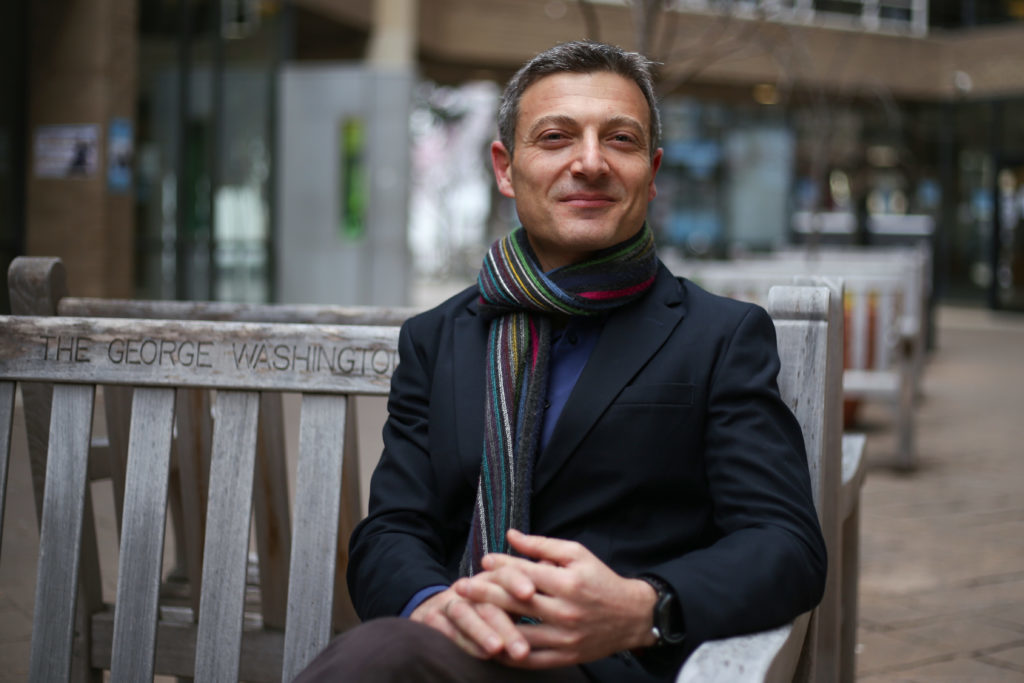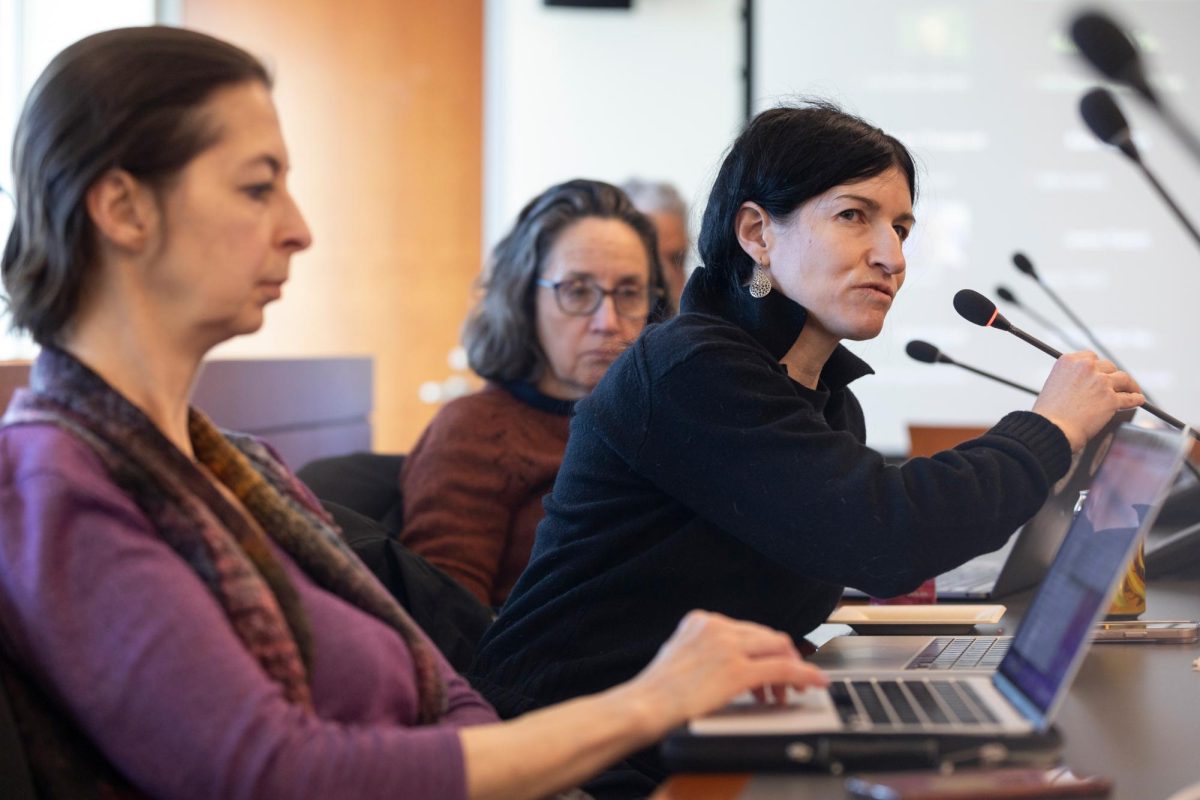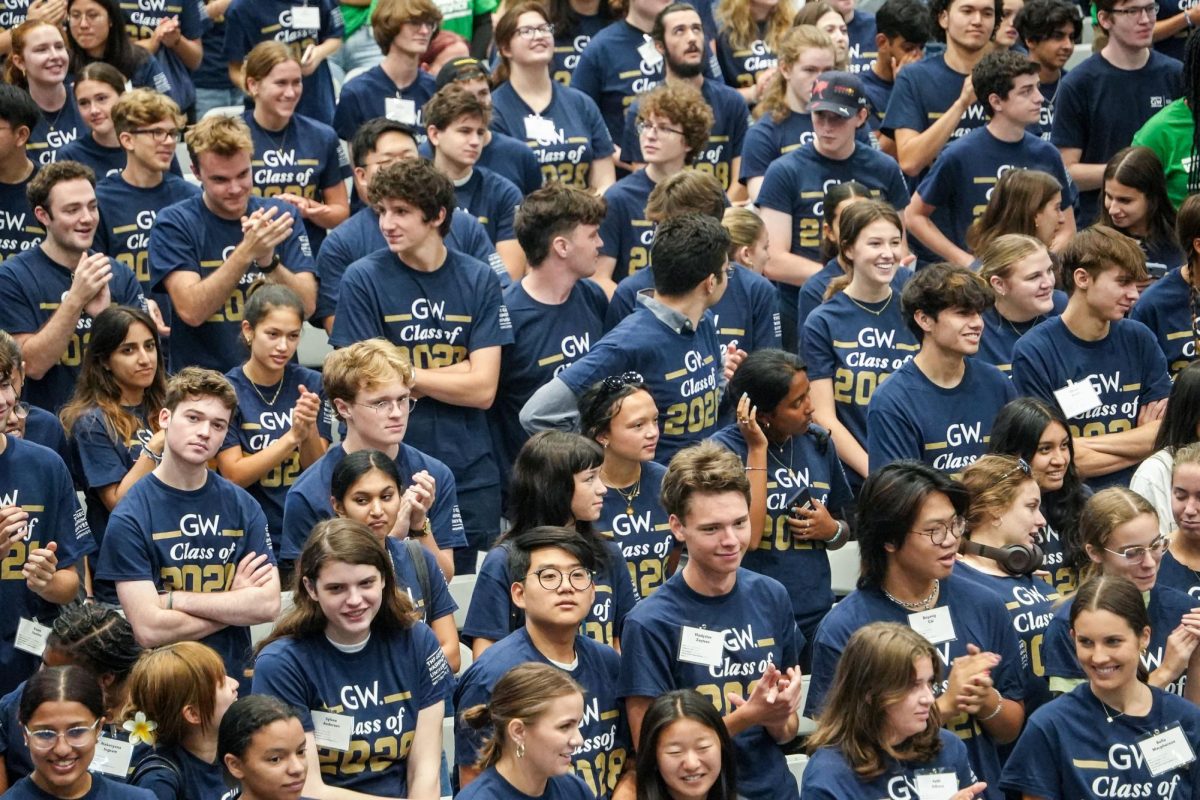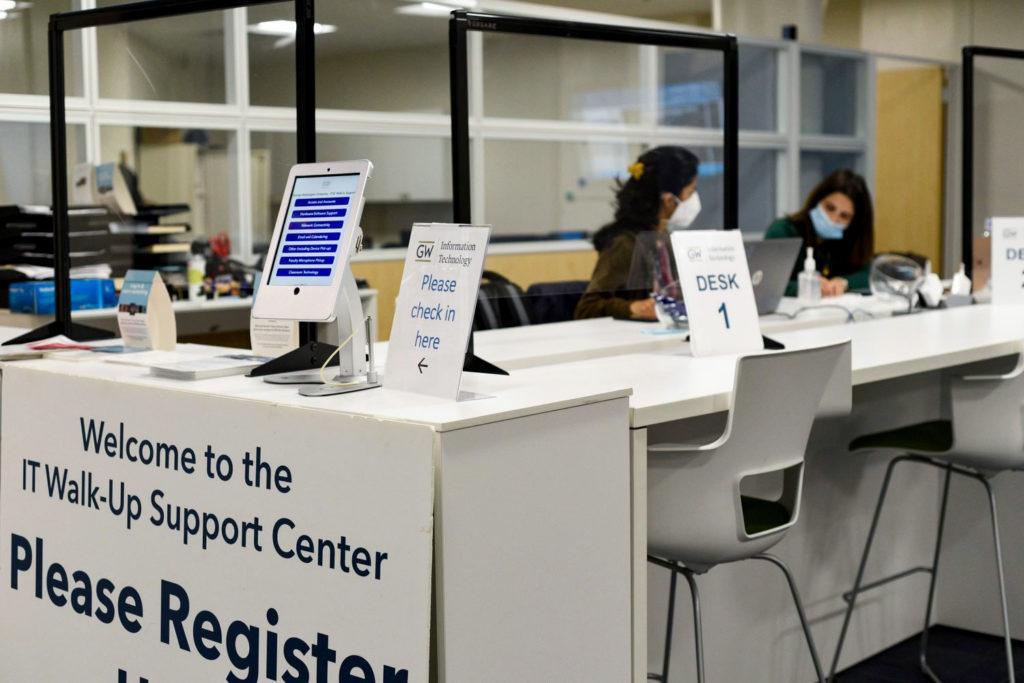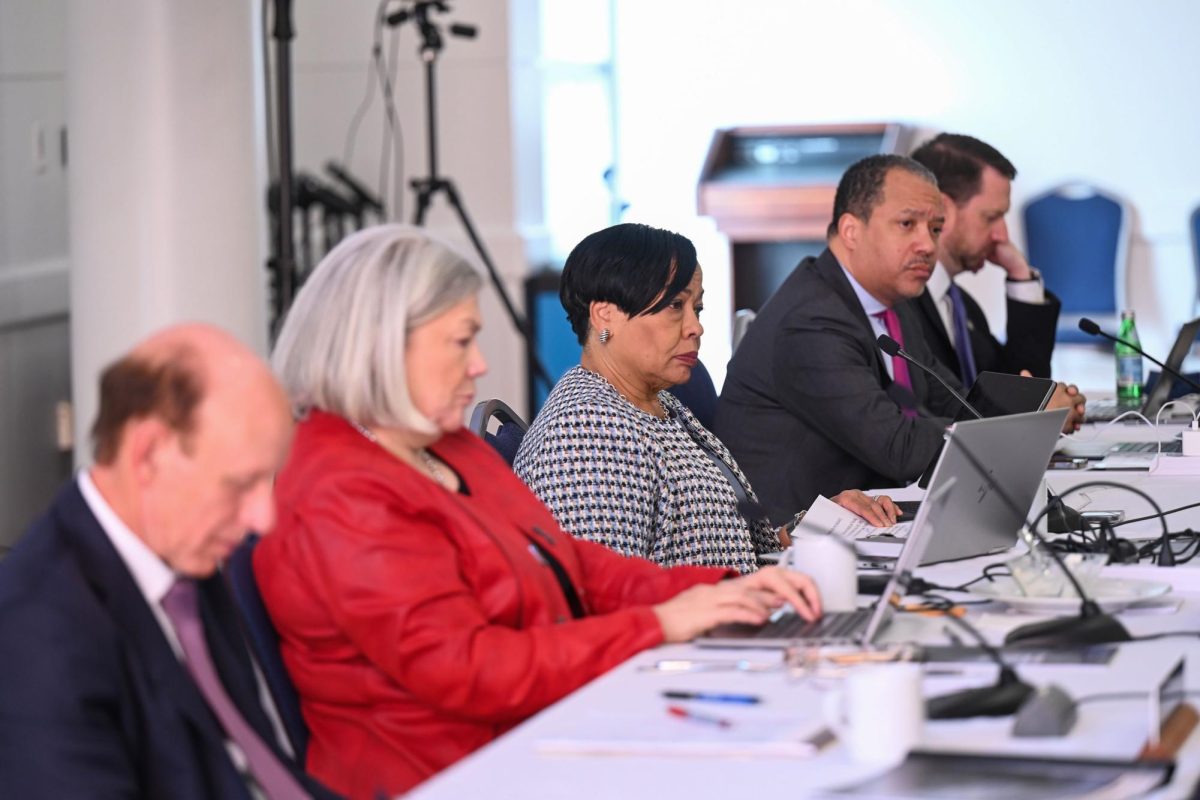Professors said they have adapted well to virtual learning, but the threat of budget cuts has damaged their confidence in GW.
Faculty said last semester that online learning forced them to adapt their teaching methods and develop new teaching strategies, and some struggled to replicate arts and science activities. At the start of this semester, professors said they were “excited” about the online fall semester, but almost halfway through the fall, they said they are bogged down by the stress of school-wide layoffs and other financial cuts.
LaKeisha McClary, an assistant professor of chemistry, said she feels stressed by the “uncertainty” of layoffs and worried about faculty salary cuts before GW ruled them out late last month. She said she needed to find ways to cope with the uncertainty of her job in addition to virtual learning.
Officials also decided not to raise salaries for promoted faculty as part of budget cuts, a decision the Faculty Senate resisted last month.
“It took up a lot of brain matter,” McClary said. “And the unfortunate thing about it is that was mental energy I wasn’t spending working on my class, trying to help students, and all that because I was just literally trying to function myself, and if I can’t function myself, I can’t really help other people.”
“We have seen faculty and students protest against the administration, though they have remained mostly silent. So I really hope in the near future more bridges are built so the University shares more of their thoughts and ideas.”
McClary said she appreciates that officials announced the spring semester will be held online “sooner rather than later” so professors have more time to prepare, but she added that she was looking forward to teaching some of her upper-level chemistry labs in person.
“For the lab classes there is some concern, frustration about what that’s going to be like, especially for the upper-level classes, because we’re preparing them for the next level of upper-level classes,” McClary said.
She said some students have been understanding that faculty are limited in their teaching abilities this semester while others have largely checked out of online learning. She said she has noticed more students have chosen to stay after class to ask her questions or attend her office hours this semester.
Ivy Ken, an associate professor of sociology, said her students have been treating each other with “a little more grace than usual.” She said her students seem to appreciate the time she spent this summer making her classes visually interesting.
But she said the University’s ongoing budget cuts have hurt morale for herself and other faculty.
Ken said officials could have drawn more money from GW’s endowment to alleviate the stress of layoffs, a suggestion made by Columbian College of Arts and Sciences faculty while GW considered other budget cuts this summer.
“Faculty are despondent, thinking about our staff colleagues struggling because of this,” she said in an email. “It didn’t have to be this way. We know the administration could have made other choices than to fire the most vulnerable members of our community during a pandemic.”
But Ken said despite the impending budget cuts, faculty seem to be “banding together” to resist the “harmful actions” of administrators.
Students, faculty, staff and alumni have launched more than a dozen petitions, letters and statements in the past few months calling for University President Thomas LeBlanc to resign or to reverse recent financial decisions.
“People talk about the ‘negative press’ our University has gotten like that’s a bad thing,” she said. “But it’s not. It’s wonderful when there’s a forum to speak truth to power, and the publicity GW has gotten is about students, staff and faculty raising their voices to remind the administration and the public what a university is all about.”
Paul Carrillo, a professor of international economics, said he is “optimistic” about the rest of the fall semester and is “happy” to work at GW despite the financial cuts and transition online. He said while layoffs are “unfortunate,” they are a necessary part of keeping GW “financially healthy.”
“COVID-19 is a public health crisis that affects all institutions, and some adjustments need to be made,” he said. “We are all suffering from this national health crisis, but this situation at GW is not necessarily that different from any other private institution.”
He said officials have provided faculty with online resources to facilitate virtual learning, like their own Zoom accounts to hold online classes. GW offers FLEX, or Forward Looking EXplorations, teaching camps to teach professors “effective course design” during remote learning.
But Carrillo added that administrators should be more transparent about ongoing layoffs and budget cuts, which he said has worried faculty and other GW employees.
“We have seen faculty and students protest against the administration, though they have remained mostly silent,” he said. “So I really hope in the near future more bridges are built so the University shares more of their thoughts and ideas. I’m optimistic we can get over this, but we need more communication. That is key.”
Arie Dubnov, an associate professor of history and the director of the Judaic studies program, said faculty have expressed that they feel they’re “in the same boat” as students, which has helped them navigate the virtual semester.
“The students are doing the best they can, and that motivates us,” he said. “There is something very humbling about having students see that the professor on the other side of the screen is human.”
Dubnov said virtual learning has allowed officials to open up experiences like alumni or author speaking events to a larger public via Zoom and has given students the time to attend events that they might not have been able to in other circumstances.
“Our menu as a university is not as rich as it would have been in a normal year, but at the same time in a normal year students are so busy running from internships to class, and now you’re stuck at home,” he said.


